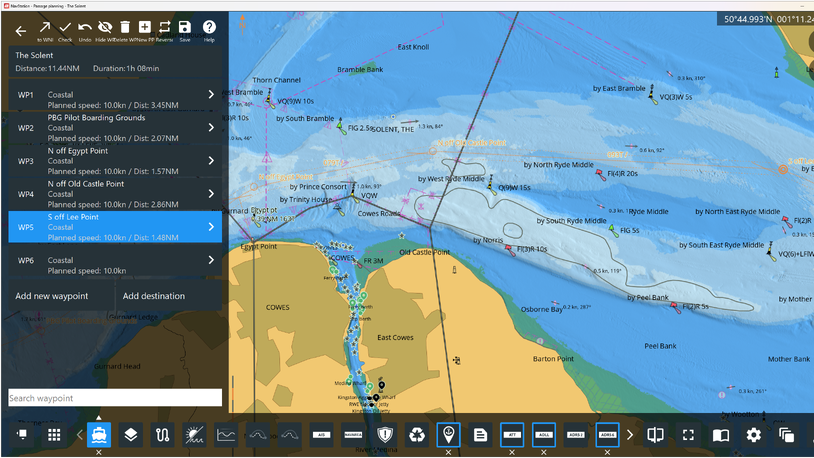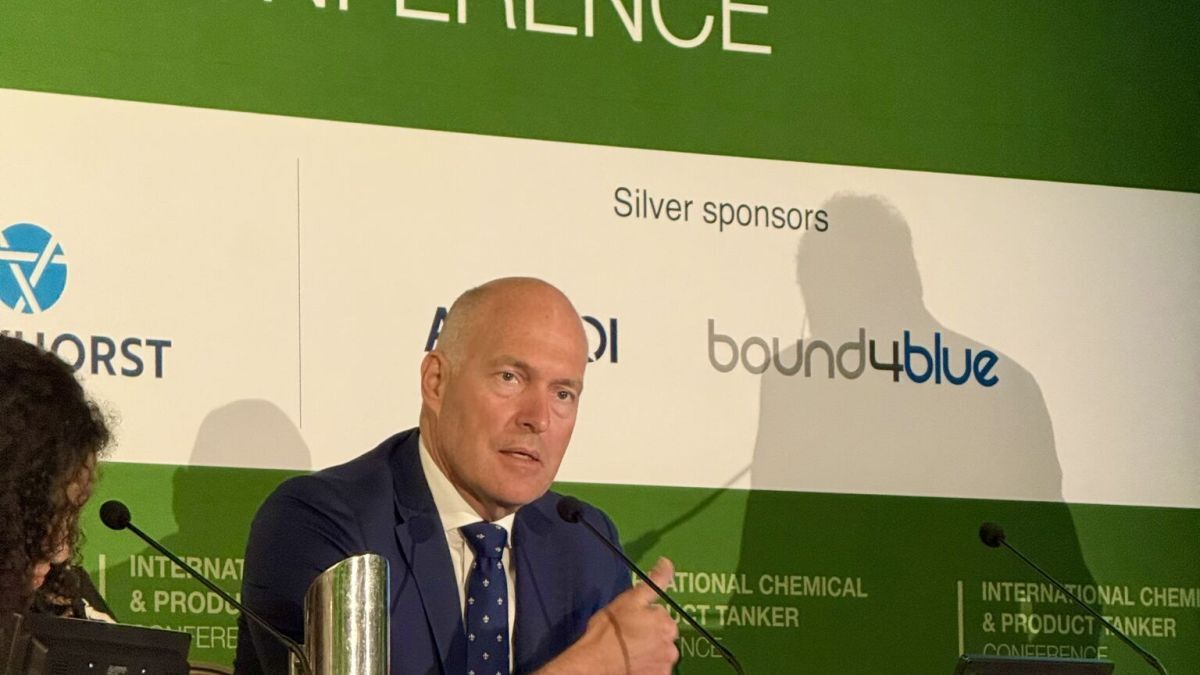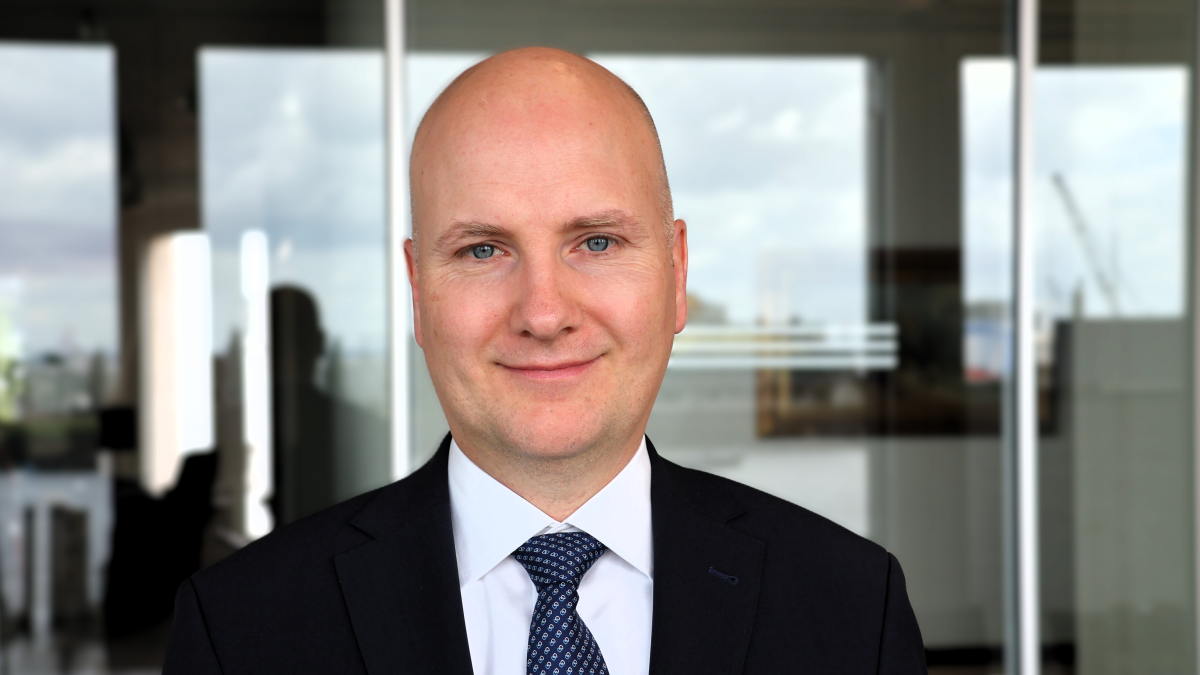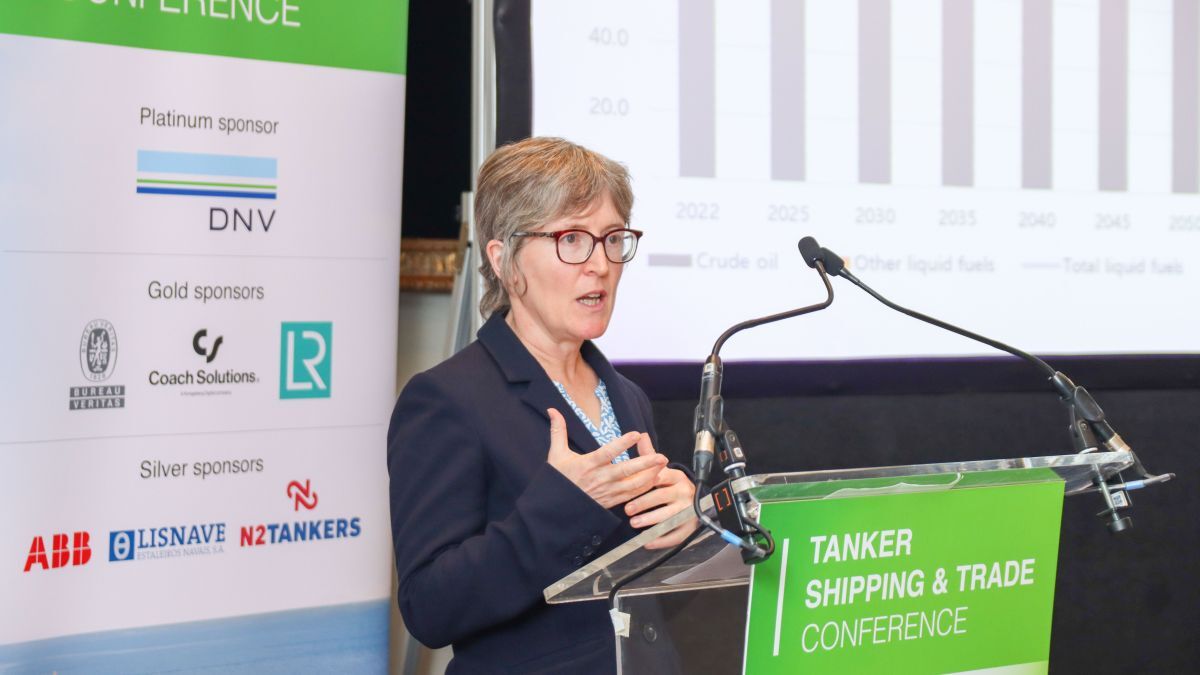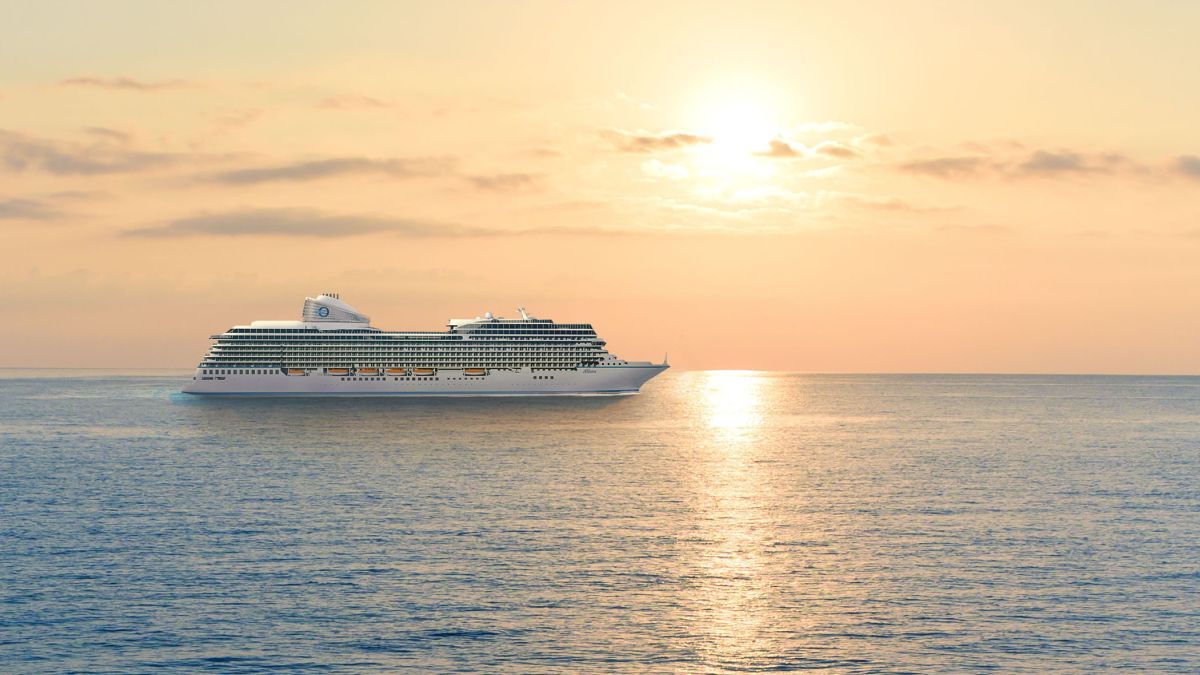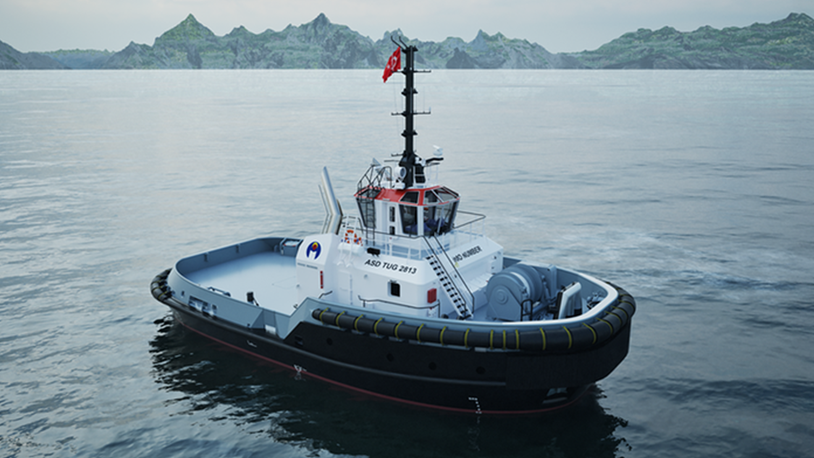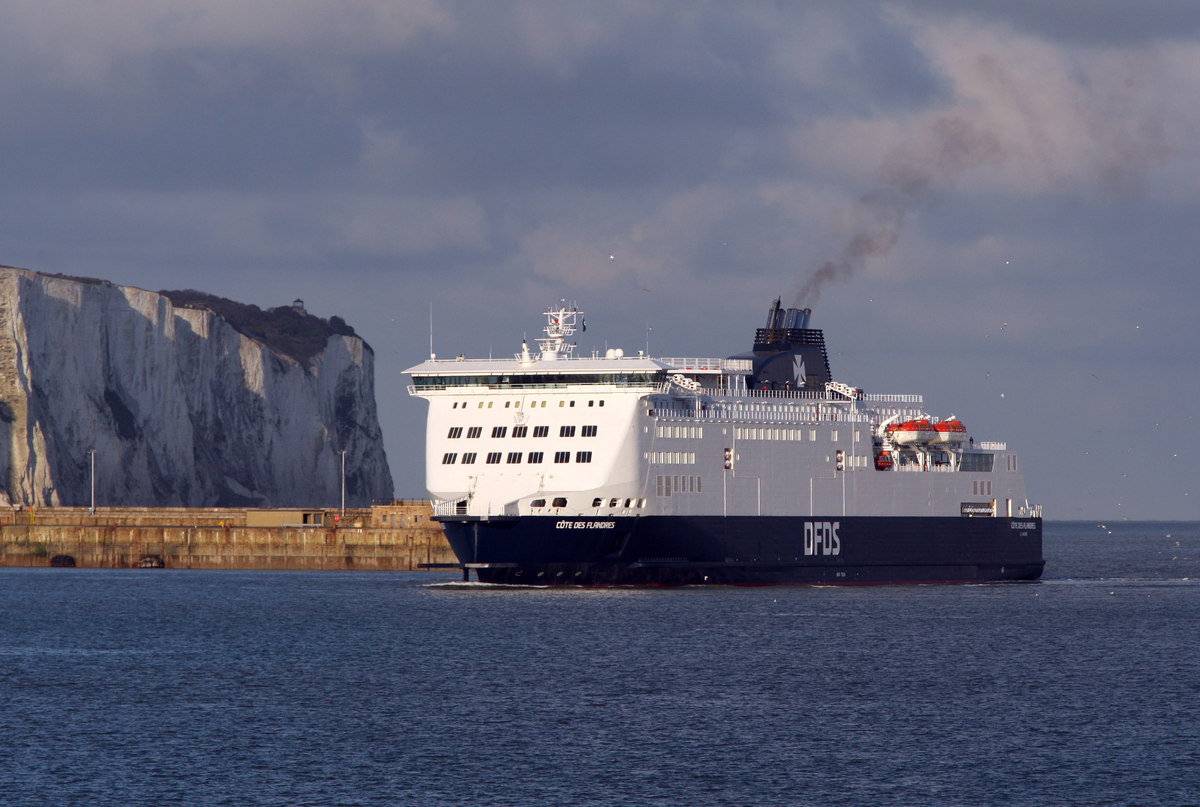Business Sectors
Events
Contents
Taking fuels at face value is no protection
Shipowners and operators must increase the level of due diligence in the post-IMO 2020 world, says Auramarine’s manager of life cycle services Lauri Helkkula
It is a given that strategic forward planning and risk management are intrinsic to the longevity of a shipowner’s operations, especially in light of the coronavirus pandemic, global economic challenges, as well as volatile and uncertain oil prices. The recent implementation of IMO’s 0.5% sulphur cap regulation (as well as the impending decarbonisation targets), which has resulted in an influx of VLSFO, alternative propulsion methods and new fuels, has thrown the industry further challenges. Indeed, shipowners and operators are facing an even greater need to forward plan, future proof and seek expert advice to meet planned regulatory changes, as well as manage unplanned and unforeseen issues that come along.
Recent media headlines are a good example of this; ‘VLSFO: threats remain for shipowners’, ‘Two-thirds of buyers have little or no confidence in fuel quality’ and ‘Europe emerges as VLSFO quality problem hotspot’ have highlighted further potential hiccups for shipowners following an otherwise initially smooth trajectory towards IMO 2020 compliance.
Although fuel quality and stability have always been a consistent concern for shipowners, the rapid influx, range, and handling of 0.5% VLSFO (the main choice for compliance) has led to added complexities, in particular the variable and wide-ranging viscosities, density and their other unknown properties. Add to this, specific quality issues, and we have a myriad of challenges for shipowners and operators to think about. And that is on top of the current economic and crew issues they are facing with the Covid-19 pandemic.
With HFO, VLSFO and MGO comprising of significantly different properties, a vessel’s fuel supply system must be carefully tailored to accommodate a specific fuel type. Alternatively, a fuel changeover system, such as our FuelSafe technology, which enables a vessel to rapidly use different fuel types during transit to comply with sulphur emission regulations, can be installed to automatically manage and stabilise elements, such as viscosity, by controlling fuel temperature through heating or cooling.
“Shipowners and operators are facing an even greater need to forward plan, future proof and seek expert advice”
However, shipowners and operators must increase the level of due diligence in this new post-IMO 2020 decarbonisation world. For example, while it is critical for shipowners and operators to engage with experts and seek counsel on the implementation of new fuel supply systems – or upgrading existing ones – they must also have a fundamental understanding of the specifications and quality of the fuel oil that they are purchasing. Ultimately the introduction of bad quality fuel, or fuels that fail to meet basic standards, can cause more frequent service intervals than typically required, and an increased need for daily maintenance resulting in increased operating costs for the shipowner or operator. In worst case scenarios, the introduction of low-quality fuel can lead to a significant increase of the kind of disturbances that can lead to engine failure To avoid such vessel downtime requires a fundamental, and attitudinal shift in the relationship with shipowners, moving to a more partnership- and strategically-driven approach.
From the perspective of the fuel supply system, this is about looking at the lifecycle of both the technology and the vessel, where there is a focus on the total cost of ownership, rather than just a commoditised, granular focus on the initial installation and price of the system itself. This is managed by our LifeCycle services team that provide in-depth counsel and advice to our customers to ensure the safeguarding of operations at all stages of a vessel’s lifecycle. This includes implementing an integrated and strategic approach to managing spare parts in order to repair, modernise, and upgrade systems and components to ensure operational continuity.
Ultimately, with the fragility of the current global economic climate and the shipping industry’s changing regulatory environment, in conjunction with managing a vastly transitioning marine energy supply chain, shipowners and operators are having to rapidly adapt. The technology to facilitate and help this process exists and it must go hand-in-hand with rigorous consultancy and advisory services. With the fuel quality issues that are being reported in the market, this is now the foundation to ensure the efficient, safe, cost-effective, and compliant movement of vessels, as well as the continuity of operations, both now and in the future.
Related to this Story
Events
Maritime Environmental Protection Webinar Week
Cyber & Vessel Security Webinar Week
The illusion of safety: what we're getting wrong about crews, tech, and fatigue
Responsible Ship Recycling Forum 2025
© 2024 Riviera Maritime Media Ltd.

